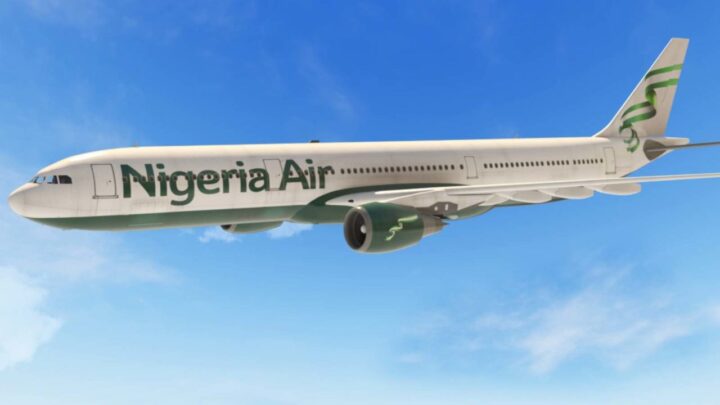Lai Mohammed, minister of information and culture, says the federal government is determined to end crude oil theft through the deployment of technology as well as additional security measures.
Mohammed made the remarks at a press briefing in Abuja on Friday after an aerial surveillance of the Trans-Forcados oil pipeline in Rivers state.
According to a statement by Segun Adeyemi, special assistant to the president on media in the office of the minister, Mohammed said the measures taken so far have started bearing results, as 210 suspects have been arrested, and 365 illegal refining sites destroyed.
“The continued campaign by the government security agencies (GSAs) have led to the arrest of 210 suspects and confiscation of 20.2 million liters of AGO, 461.8 thousand liters of PMS, 843.6 thousand liters of DPK, and 383.5 thousand barrels of crude oil,” he said.
Advertisement
“An additional 365 illegal refining sites were destroyed, with about 1,054 refining ovens, 1,210 metal storage tanks, 838 dugout pits, and 346 reservoirs destroyed by the GSAs.
“We witnessed first-hand a number of illegal refineries destroyed by our military in the course of our aerial surveillance.”
Mohammed said many vehicles, crude mining and bunkering equipment, such as speed boats, wooden boats, trucks and tankers, have also been confiscated.
Advertisement
He said private security contractors were also engaged to provide local intelligence on all illegal crude ventures happening within the region, adding that the contractors were also engaged for security surveillance services to ensure safe and seamless operations along the country’s pipeline networks.
“The new security architecture leverages collaboration between the upstream operators, industry regulators, government security agencies (GSA), and private security contractors (PSC),” the minister said.
Mohammed also revealed that the Nigerian National Petroleum Company (NNPC) Limited has set up a command-and-control centre for round-the-clock monitoring of petroleum operations and activities within the Nigerian exclusive economic zone (EEZ).
He said the deployment would ensure that all vessel movements within the zone are monitored.
Advertisement
“In addition, all ship-to-ship activities within the Nigerian EEZ are also monitored,” Mohammed said.
“Vessels without permits are flagged and escalated to the Nigerian navy for a prompt response. Production is also monitored end-to-end at the command-and-control centre, from the wellhead to the export terminals.”
The minister commended the foresight of the NNPC by investing heavily in deploying appropriate technology with capabilities —beyond visual line of sight — for continuous surveillance.
He said the investment in technology has become critical because the nefarious activities of vandals, causing the country to lose approximately 700,000 barrels of oil per daily.
Advertisement
Add a comment






